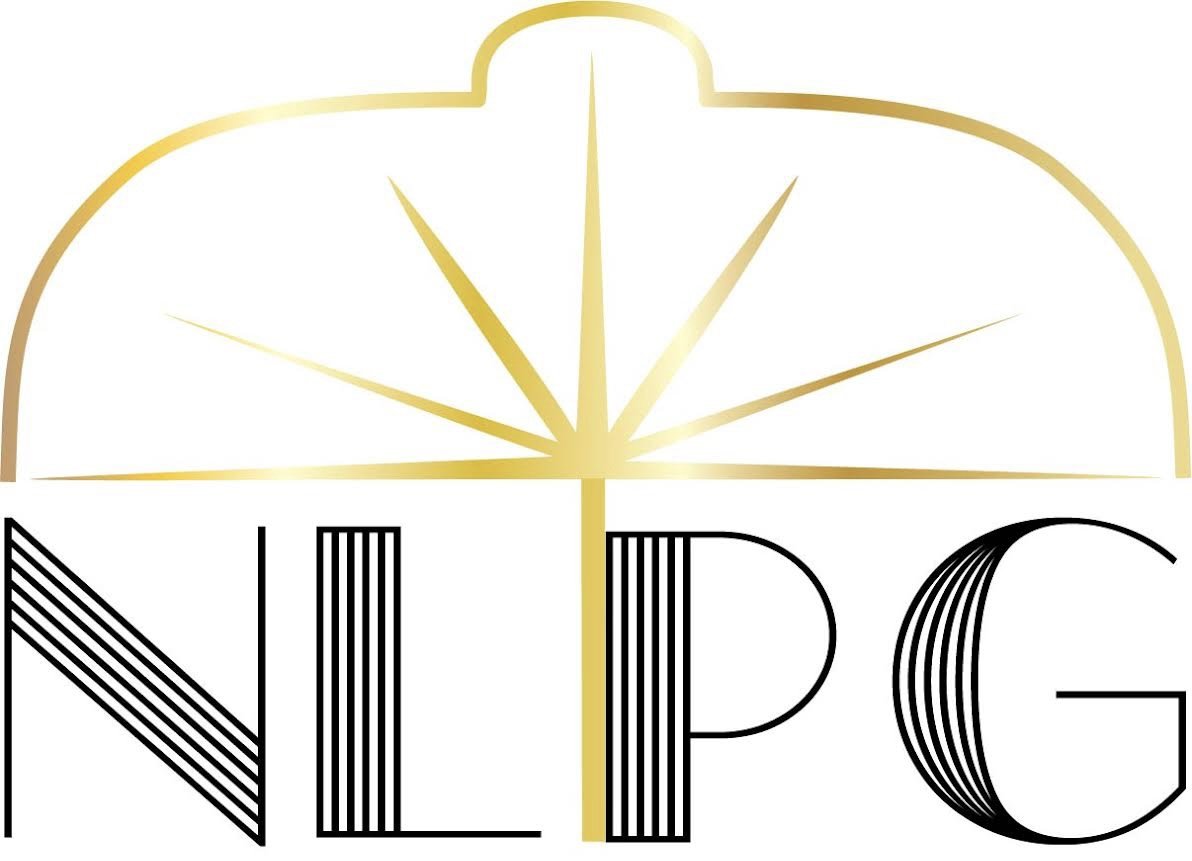Liberation Is a Place: Writing Black Joy in Rooted Spaces
Writing Biz
BY ERYKA PARKER
For Black communities, land has never just been land. It’s memory. It’s inheritance. It’s proof that we were here—and that we belong. From Southern farmland to city porches, the spaces we occupy bloom with stories, even when those stories are overlooked or intentionally erased. In a country that has tried for generations to disconnect us from our land—through redlining, zoning laws, gentrification, and displacement—staying is its own form of resistance.
As both a novelist and a reader, I’ve found myself drawn to narratives where home is more than a backdrop. It’s sacred. It’s symbolic. It’s something to fight for.
In Wanda M. Morris’s latest novel What You Leave Behind, the protagonist returns to her Georgia hometown only to find a neighbor’s land under threat by a shady development company. That story, though fictional, hits all too close to home. Morris weaves in themes of legacy, loss, and the long history of Black communities being pushed off land they rightfully own. This novel doesn’t just entertain—it educates. And it reminds us of how liberation is often linked to what we’ve inherited, and how fiercely we protect it.
Unfortunately, fiction often mirrors reality. In the rural South, Black landowners are being targeted by oil companies and other entities for the valuable brine, minerals, and natural resources beneath their soil. What was once seen as “mere land” is now being appraised, surveyed, and in some cases, stolen right from under families who’ve lived there for generations. It’s a quiet crisis that thrives on the silence that comes from not knowing your rights or lacking access to legal protections like wills, trusts, or estate planning.
This is why writing about land as liberation matters. It’s not just about acres and deeds—it’s about having space to exist without fear of being displaced.
This theme is echoed across Black romance and women’s fiction as well. In Kennedy Ryan’s Before I Let Go, the characters’ shared restaurant is more than a business—it’s a bridge to the community, a connection to their past, and a vital part of their healing journey. In Tia Williams’ Seven Days in June, the protagonist’s apartment serves as a creative sanctuary where she both hides and blooms. Even in fiction, where love is the main plot, space—safe space—becomes a quiet form of liberation.
Memoirists share this sentiment too. Tricia Hersey’s Rest Is Resistance positions the land—nature, stillness, and rest—as a tool for reclaiming autonomy from grind culture and capitalism. She urges Black readers to reconnect with land not in labor, but as nourishment. That shift alone feels revolutionary.
We’ve long known that storytelling is protection. But in today’s climate, it’s also preservation.
It’s preservation when a grandmother keeps a hand-drawn map of the family’s land boundaries because zoning lines keep changing.
It’s preservation when we pen memoirs and fiction about growing up under pecan trees and on dirt roads, because the city wants to pave it all over.
It’s preservation when we draft a will, add our child’s name to the deed, or finally meet with a Black estate lawyer to ensure what we’ve built stays in the family.
This is also joy. Joy isn’t just the party—it’s the planning. It’s the permission to imagine a future where every single generation doesn’t have to start over.
That’s why I love writing Black romance. Because joy, for us, is a radical act. But so is rootedness. When my characters fall in love, they don’t just cling to each other—they reclaim sacred space. Whether it’s a family-owned café, a house with history, or the quiet front porch where someone first whispered “I love you,” land inevitably becomes part of the love story.
And maybe that’s the call in all of this—for us to return to the land, not just physically, but emotionally. To name and claim what’s ours. To protect what we’ve been entrusted with by our ancestors. To rewrite what “ownership” means in a system that was never built for us.
Liberation doesn’t always hold a protest sign or a megaphone. Sometimes it’s a carefully worded trust document. Or a love letter set in a city that used to overlook us. Or a proud Black woman refusing to sell her home—no matter how high the offer.
Because liberation isn’t just a dream.
It’s a deed.
It’s a choice.
It’s a place.
And we deserve to be rooted in it.
.
Eryka Parker
Founder, Legacy Book Coaching & Consulting
eryka@lyricalinnovationsllc.com www.legacybookcoaching.com
